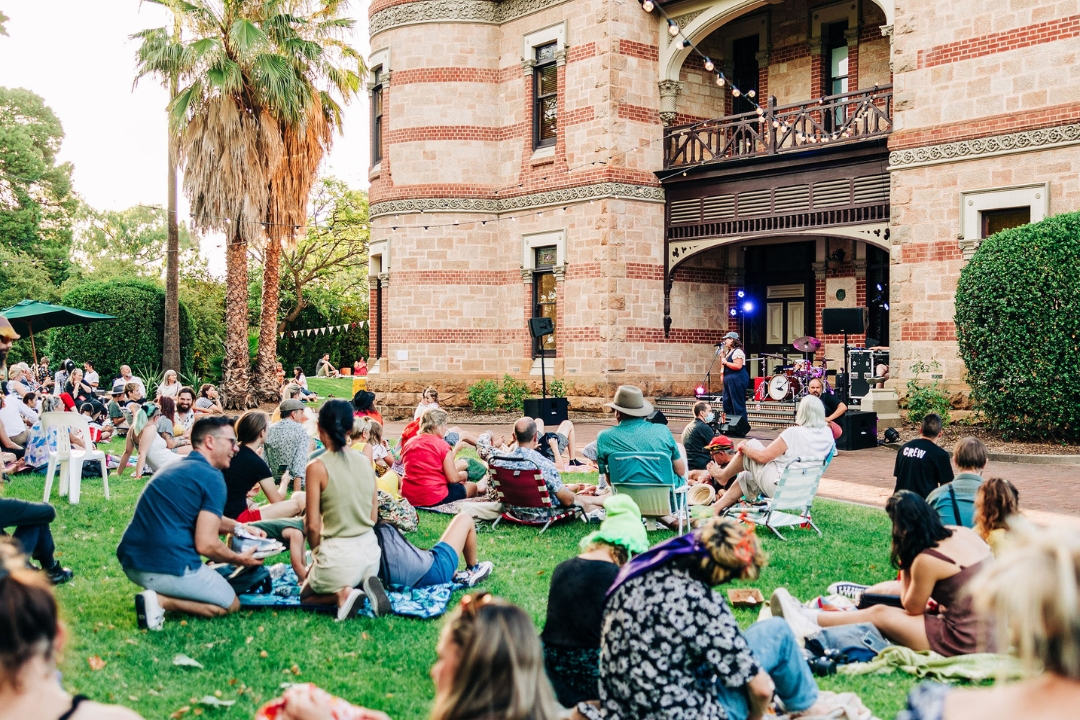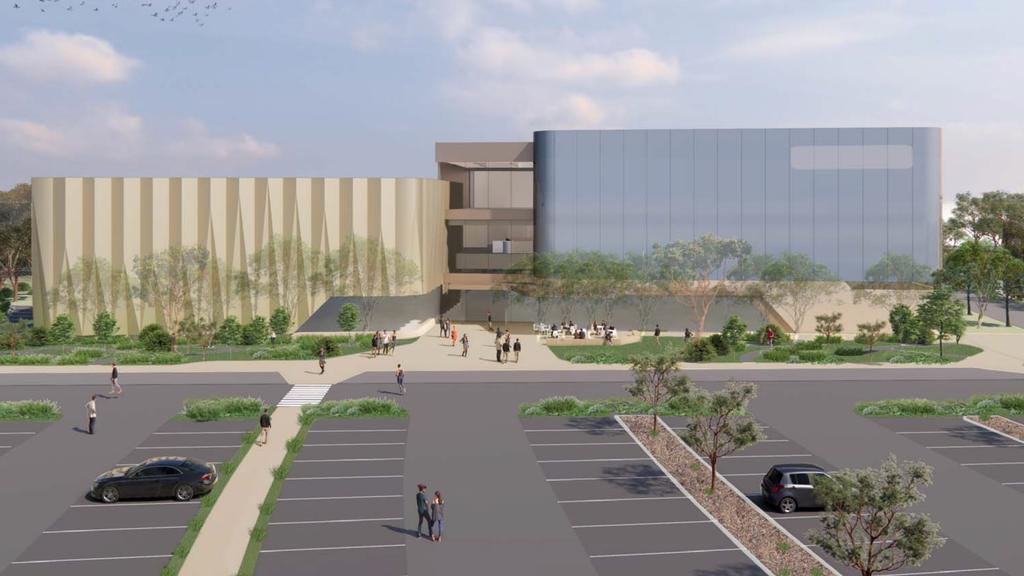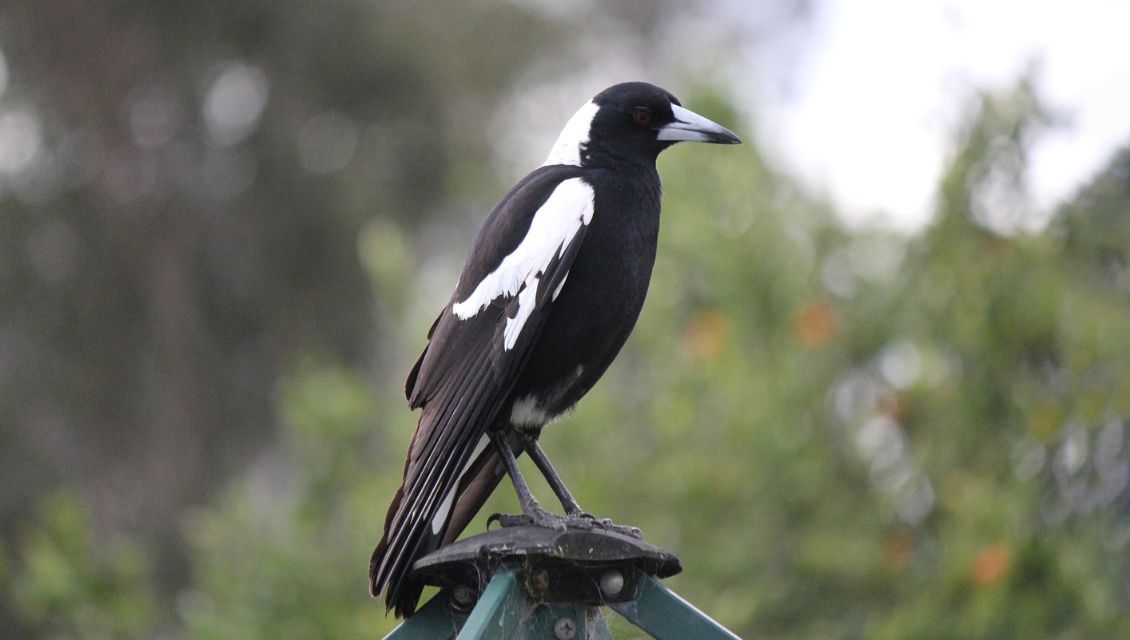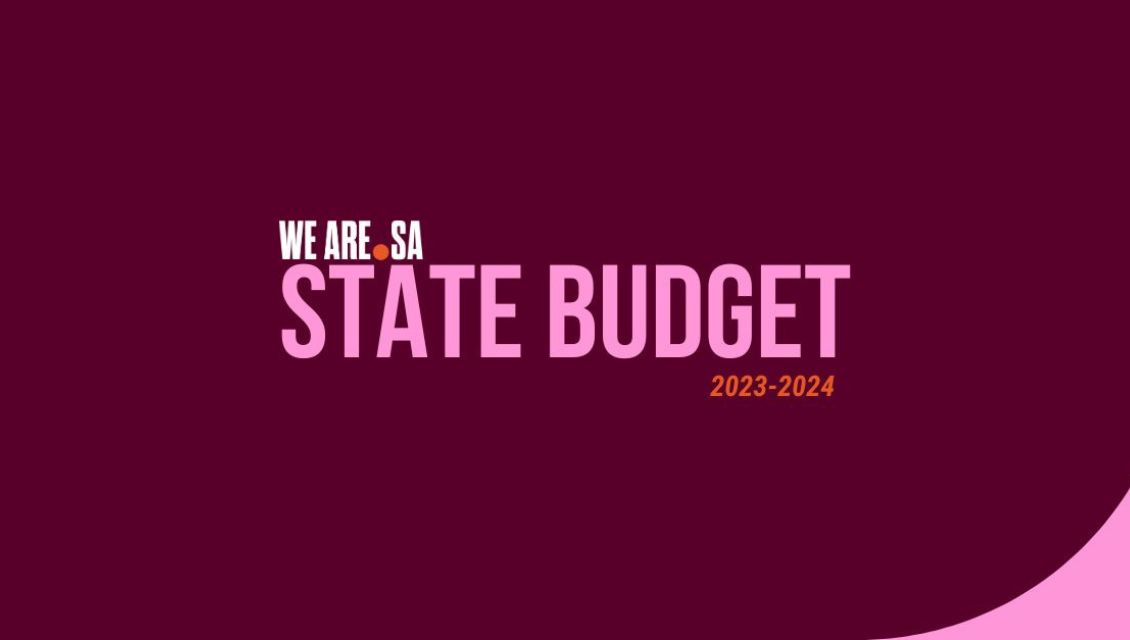
From tax relief for first home buyers to significant investment in hospitals, this is a health and housing budget that also addresses cost of living needs for South Australians. Here are some headlines from the 2023/24 State Budget:
Housing
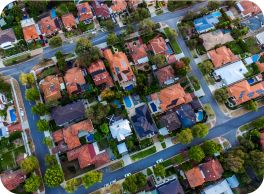
Stamp duty: Eligible first home buyers purchasing a new property valued up to $650,000 will have stamp duty abolished, with relief progressively phased out for new homes valued up to $700,000. Stamp duty will also be abolished for eligible first home buyers on the purchase of vacant land on which a new home will be built valued up to $400,000, with relief phased out for land valued up to $450,000.
First Home Owner Grant: The property value cap for the First Home Owner Grant will be increased from $575,000 to $650,000 from 15 June 2023.
Home deposit loan: HomeStart will introduce a new home loan that will enable first home buyers building a new home to take out a loan with as little as 2 per cent deposit.
Cost of Living
Energy bill relief: More than 420,000 households are eligible to receive a rebate of up to $500 on 2023/24 electricity bills, while about 86,000 small businesses are eligible to receive a rebate of up to $650. The Energy Bill Relief plan is being delivered in partnership with the Commonwealth.
Public school materials and service charge discount: Parents, carers and independent students will benefit from the $100 discount to the charges for a third year, in 2024.
Hospital staff carparking: Over the next five years, $56.4 million will go towards reduced car parking charges for metropolitan public hospital workers, including contractors. Staff will pay an average $2.50 a day to park at metropolitan hospitals and will also travel free on public transport.
Increases to concessions: $44 million has been included in the Budget over five years to increase existing concessions in line with higher inflation. Government concessions, including cost of living, energy, water and sewerage concessions, will all be indexed by 8.64 per cent next financial year, bringing relief to more than 200,000 eligible South Australian households.
Health
Hospital discharges: $27.6 million to be spent over four years to increase staffing in metropolitan hospitals on weekends, and increase discharge of patients who are ready to leave hospital.

Women’s and Children’s Hospital: The hospital’s Paediatric Intensive Care Unit will receive a $20.1 million upgrade.
Virtual care services: $67.8 million will be spent over five years to expand adult virtual care services across the state. The service connects patients virtually with senior doctors, nurses and paramedics. Virtual services for children aged between 6 months and 18 years will receive $30.8 million over four years to be permanently extended. The service, which was funded temporarily during COVID, connects families remotely with a virtual team of doctors and nurses at the Women’s and Children’s Hospital.
Long-stay hospital patients: Individual patient support, such as equipment hire and minor home modifications, will receive $17.6 million over five years to assist the discharge of long-stay patients from hospital.
Emergency department avoidance hubs: Hubs to provide alternative treatment pathways instead of an emergency department will be established in the western and northern suburbs, with $2.1 million allocated to the project next financial year.
Living with COVID: SA Health will receive $567 million over the next four years to transition to a ‘living with COVID’ framework.
Mount Barker Hospital: To ensure the new Mount Barker Hospital meets the needs of the Adelaide Hills community, an additional $100.8 million has been allocated, taking the total project cost to $320.8 million.
Education and Skills
Infrastructure upgrades: Just over $100 million will be spent on upgrades at more than 60 government schools and preschools, including facilities replacements and upgrades, removed of aged buildings, bitumen repairs, heating, ventilation and cooling upgrades and roof replacements.
Regional Skills Development Fund: $10.2 million will be spent over the next four years to establish a Regional Skills Development Fund to ensure TAFE SA can offer more courses in rural and regional SA.
School breakfast program: A program that provides free breakfast to students will be expanded in government schools, with more than $6.5 million to be spent over the next four years to provide an extra one million meals. It will see more than 1.4 million meals provided to SA children through breakfast programs at school across the state over the next four years.

Public Transport and Roads
Tap and Pay expansion: Commuters will be able to use their credit card to pay for fares across the entire Adelaide Metro network by mid-2025, with $7 million earmarked for the Tap and Pay rollout to Adelaide Metro trains.
Road safety cameras: $31.2 million will be spent over five years on additional road safety cameras, including new mobile speed and mobile phone detection cameras.
Lightsview to City Go Zone: $8.7 million has been allocated over five years to introduce a Lightsview to City Go Zone bus service.
Child Protection
Carer payments: From 1 July 2023, family-based carers will receive an additional $50 per fortnight for each child or young person under the age of 16 in their care. There will also be a 4.8 per cent increase to all carer payments, to assist with inflation pressures in 2023.
Support services: Over the next five years, $35.7 million will be spent to increase targeted intensive family support services for vulnerable families, prioritising those families living in Adelaide’s northern suburbs.
Kinship care assessments: $4 million has been allocated over the next four years to intensify effort on assessing and recruiting extended family to care for children and young people.
Events
Major events: In addition to the government’s commitment to host the LIV Golf tournament and AFL Gather Round, $20.8 million has been committed over the next four years to fund new events and grow existing managed events.

Racing industry: $27.8 million over four years will extend and increase support for the three racing codes by doubling the racing industry’s share of the betting operations tax from 10 per cent to 20 per cent. This will ensure the industry remains competitive with other jurisdictions.
Adelaide 500: The Adelaide 500 will receive $18 million support over the next four years. This includes $3.5 million to be spent in the 2023/24 financial year on more shading for grandstand areas.
Infrastructure
SA jetties: As part of the SA Jetties Renewal Program, $20 million will be provided over the next four years to help councils address immediate and critical concerns regarding the condition of a number of state jetties.
Port Augusta Prison: $30 million will be spent over three years to upgrade prisoner accommodation and staff facilities in two high security units at Port Augusta Prison. A further $4.6 million over four years will secure and fit out a new Port Augusta Community Corrections Centre and support access to culturally appropriate rehabilitation and re-integration programs for Aboriginal offenders.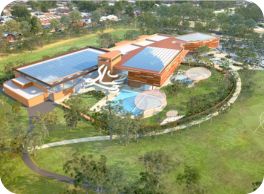
Adelaide Aquatic Centre: A further $55 million will be put towards building a new Adelaide Aquatic Centre, bringing the total project funding to $135 million. The new pool, expected to be complete in late 2025, will include a range of indoor and outdoor pools, water slides and splash zones.
Forensic science facility: $348.9 million has been allocated over the next four years to build new facilities to support the operations of Forensic Science SA and the SA Police Forensic Services Branch.
Emergency services
Police resources: Just over $102 million has been earmarked for additional police resources. This includes $81.8 million over four years to recruit an additional 189 sworn police security officers to free up sworn police officers to focus on core policing duties. Recruitment will be accelerated, with $12.2 million over three years to go towards increasing the number of courses delivered by the Police Academy, engaging in recruitment campaigns and improving vocational pathways.
Aerial firefighting fleet: The state’s aerial firefighting capability to combat the risk of bushfire will receive $26.7 million over four years. The funding will be used to secure up to an additional nine firefighting aircraft.
Environment
Coastal protection: $7.4 million will go towards the ongoing replenishment of sand at West Beach and other coastal areas.
Fruit fly eradication: Protecting the state’s pest-free status will be given a $25 million boost over the next two years. The funding will be used to undertake emergency fruit fly response activities, ensuring continuity for the state’s horticultural products.
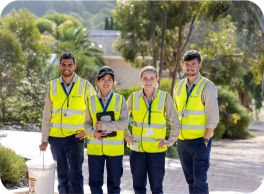
Snapper fishery management: A snapper fishery recovery package of $3.9 million over four years has been allocated, for investment in additional fisheries research, fish stock assessment and monitoring, fisheries stock enhancement and financial assistance for the most impacted fishing licence holders dependent on snapper. Licence fee relief of $2.4 million will be provided over the next three years, reflecting the current snapper fishery closure in the Spencer Gulf, West Coast and Gulf St Vincent fishing zones.
Digital investment
Cyber security: Strategic and targeted investment in cyber security and digital initiatives across the South Australian public sector will be given a $200 million boost over the next five years.
For more information and to view the budget papers, visit State Budget 2023-24

